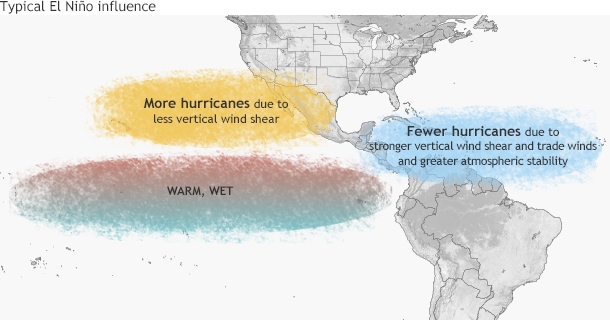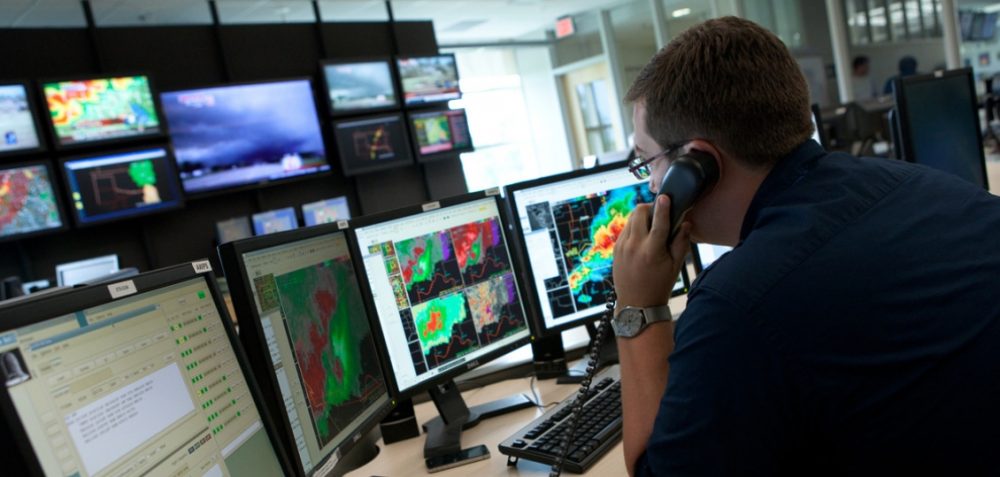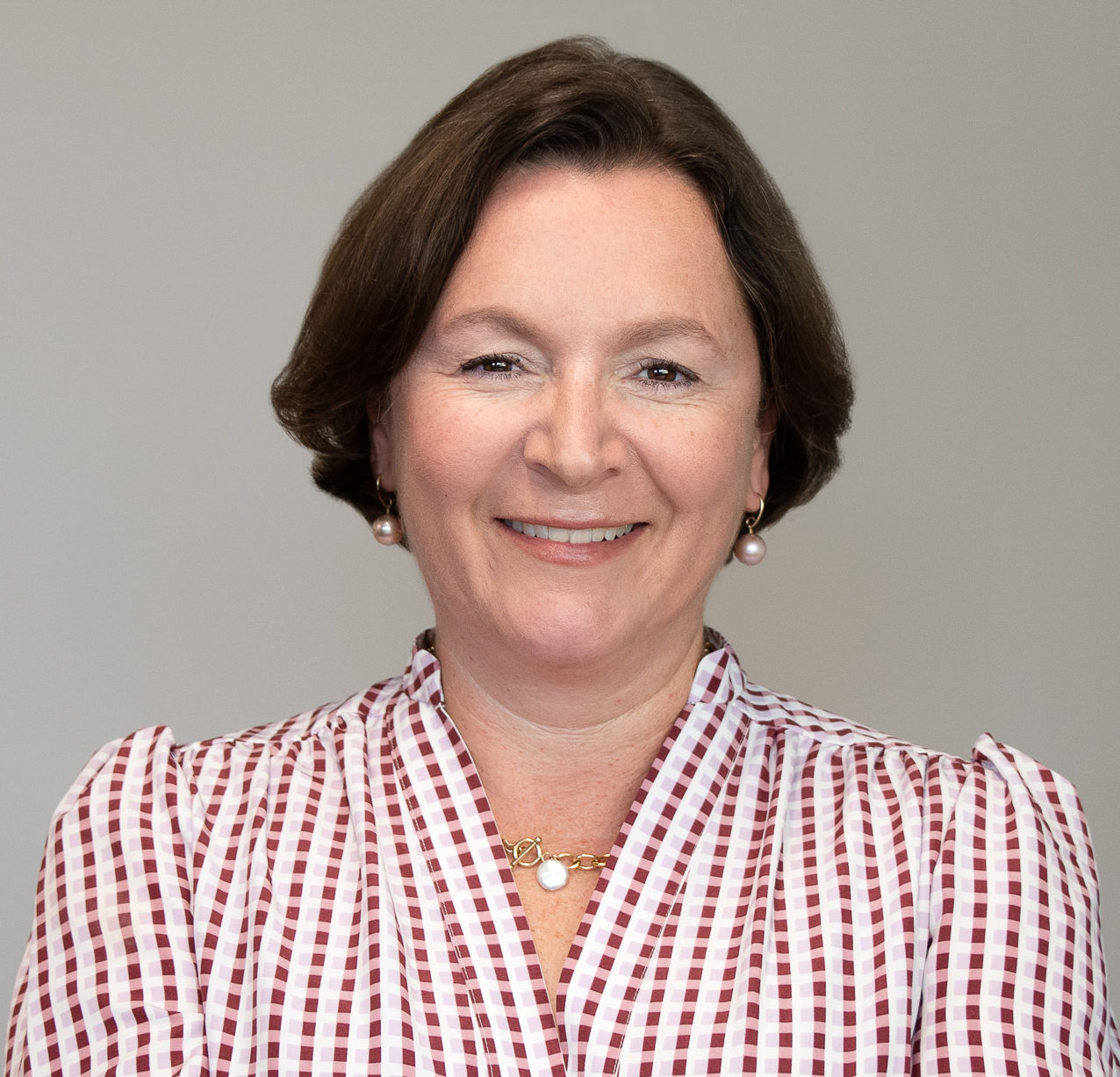Hurricanes — This Isn’t Any Rainstorm: Preparation Saves Lives, Livelihoods, and Prevents Destruction
Last night, Nashville experienced one of its epic thunder/lightening/rain storms. Beautiful to me, scary to my children. On nights like these, we end up having what is known in my family as “Little House on the Prairie” nights – read: we all sleep together in one room. As my husband and I were shuffling the […]
Last night, Nashville experienced one of its epic thunder/lightening/rain storms. Beautiful to me, scary to my children. On nights like these, we end up having what is known in my family as “Little House on the Prairie” nights – read: we all sleep together in one room. As my husband and I were shuffling the kiddos around at midnight, I got to thinking about hurricanes, hurricane preparedness, and the magnitude of hurricanes. Put simply, hurricanes aren’t just any rainstorm – they bring deadly triple threat of high winds, floods, and possible tornadoes.
Scientists know a lot about hurricane behavior and seasonal predictability, and organizations involved in disaster response have considerable wisdom to share on prevention.
For the 2014 Atlantic Hurricane Season, According to NOAA, there is a strong potential for El Niño to develop, resulting in a stronger than average hurricane activity in one region and a weakened average hurricane activity in another.
NOAA predicts the following for the 2014 Atlantic Hurricane Season:
- 8-13 named storms
- 3-6 hurricanes
- 1-2 major hurricanes
This prediction reflects a below average hurricane season this year; conversely, predictions for the Pacific Hurricane Season are above average. According to the Climate Prediction Center, the Pacific can expect:
- 14 to 20 named storms
- 7 to 11 hurricanes
- 3 to 6 major hurricanes
According to Gerry Bell, NOAA Lead Seasonal Hurricane Forecaster, “El Niño favors stronger hurricane activity in the central and eastern Pacific basins, and suppresses it in the Atlantic basin.” So, as I referenced above, those of us on the eastern seaboard will likely encounter a ‘milder’ season, while those residing on the west coast or in Asia will likely be more on their toes.
These figures though, while interesting and illustrative, are not cause for complacency. Doing nothing, just isn’t the right choice when it comes to hurricanes and hurricane preparedness.
There are three things that you can read now, and tackle this weekend, that will help your household have a comprehensive hurricane preparedness plan:
- Review NOAA/FEMA advice and then follow it! First things first, determine safe evacuation routes inland, learn locations of official shelters, check on your emergency equipment, and buy food that will keep and store drinking water. See www.ready.gov/make-a-plan and www.ready.gov/hurricanes for detailed guidelines.
- Check out the Personal Disaster Preparedness Guide and the Emergency Financial First Aid Kit put together by Operation Hope. I am all about practical and tangible efforts and Operation Hope’s guides completely fit the bill.
- Get the American Red Cross Hurricane App – it offers real time directions and information as well as information on effective household preparedness. I am a huge fan of this app!
I grew up in Arizona, and as such, am personally more accustomed to scorpions, Gila monsters, wild fires, and flash flood warnings. Knowledge about hurricanes, cyclones, and typhoons did not come to me until I began to engage in disasters and disaster philanthropy. Hurricanes are now part of my work – I read about them, learn about them, think about them, and support funder efforts to respond to them. One thing I know through all of my hurricane thinking? Preparedness, at the individual and household level, is a critical first step.
I’d love to hear stories from you about how you have prepared for a hurricane, or even better, send me an email and tell me how your hurricane preparedness efforts paid off. I can be reached at regine.webster@disasterphilanthropy.org.
Interesting Additional Reading:
http://www.nws.noaa.gov/os/hurricane/resources/TropicalCyclones11.pdf
http://www.cbsnews.com/news/the-2014-atlantic-hurricane-season-begins-6-things-to-know/
http://www.climate.gov/news-features/blogs/enso/impacts-el-ni%C3%B1o-and-la-ni%C3%B1a-hurricane-season
More like this

Focus on the Hazards: All It Takes Is One Time

